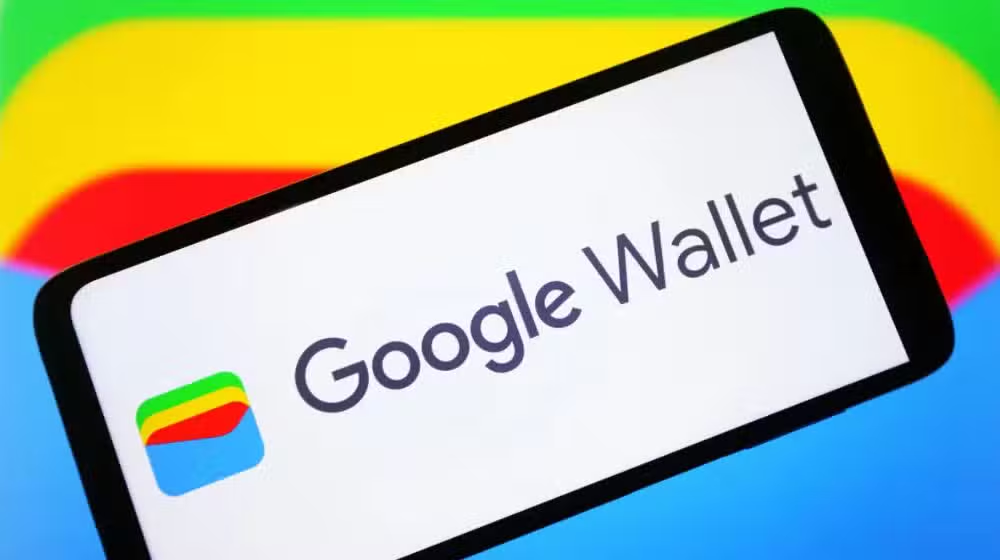Hype Meets Reality
In late 2024, Google announced the expansion of its flagship digital payment service, Google Wallet, to several countries, including Pakistan. Known for its seamless integration with NFC payments and card storage, the announcement sparked excitement. Yet, the final rollout brought only a “Passes-Only” version, leaving much to be desired.
Features of the Passes-Only Version
The scaled-down version of Google Wallet allows users to:
- Save boarding passes
- Store event tickets
- Manage loyalty program cards
Unfortunately, it lacks NFC-based payments and the integration of debit and credit cards, severely limiting its utility in Pakistan’s growing fintech market.
Why Pakistan Got the Limited Version
Several factors contributed to the passes-only launch:
- Regulatory Hurdles: Approval from financial regulators in Pakistan can be a lengthy process, pushing Google to opt for a simpler rollout.
- Market Trial: By testing the limited version, Google can assess the demand for digital wallets in Pakistan.
- Infrastructure Readiness: Full functionality requires widespread NFC and merchant support, which is still evolving in Pakistan.
Impact on Local Fintech Ecosystem
Initially, the arrival of Google Wallet was seen as a potential threat to local giants like Easypaisa, JazzCash, and Sadapay. However, the lack of payment features has kept these players firmly in control of the digital payment market.
User Sentiment Reflects Frustration
Users have voiced their disappointment online, with one saying, “Without NFC payments or financial integration, this version doesn’t bring anything new to the table.” Others noted the low NFC penetration in Pakistani smartphones, making the absence of this feature less critical but still disappointing.
While Google Wallet’s limited version has entered the market, it has yet to make the impact users were hoping for, leaving local platforms to continue dominating Pakistan’s fintech space.

